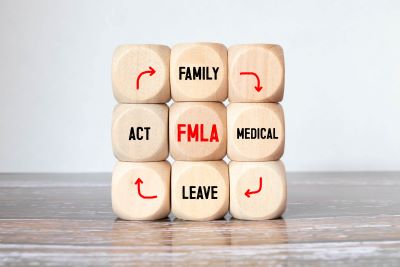Question: What can employers do when they doubt an employee’s certification for leave under the Family and Medical Leave Act (FMLA)?
Answer: If an employer doubts the validity of an employee’s FMLA certification, it may require the employee to get a second opinion from a healthcare provider. Generally, for employees to be granted leave under the FMLA, an employer must obtain a certification issued by their healthcare provider or a family member’s provider. However, if an employer requests a second opinion because it doubts the first opinion’s validity, the employer may choose the provider that issues this second opinion.
The employer can’t regularly employ or contract with the selected provider, however. If the original and second opinions conflict, the employer can require a third certification from a healthcare provider that both the employee and the employer select. If this occurs, the third provider’s opinion is final and must be used by the employer.
When an employer requests a second or third opinion from a healthcare provider, the employer must pay for that second or third opinion, including travel expenses for the employee or the employee’s family member. Additionally, employees are provisionally entitled to FMLA leave while they wait on a final second or third opinion.
An employer may also require employees to recertify serious health conditions, but it can only make this request once every 30 days or the amount of time the certification states the employees can’t work, whichever is longer. If the time stated is indefinite, the employer must wait a minimum of 30 days, unless it receives information that casts doubt on an employee’s reason for leave or the certification’s validity.
If the FMLA certification is vague, nonresponsive, or incomplete, the employer is required to tell the employee what additional information is necessary to make certification legally sufficient. After that, the employee has seven working days to cure any deficiencies. Any deficiencies that aren’t adequately cured could potentially result in the certification’s denial.
If the employer has a valid reason to doubt the certification’s authenticity or if clarification is needed, the employer may contact the healthcare provider only for authentication and clarification about something like understanding handwriting or a response. The employer can’t request additional medical information.
Additionally, only a healthcare provider, an HR professional, a leave administrator, or a management official may contact the employee’s healthcare provider, not the employee’s direct supervisor. A best practice is to get communications with the healthcare provider in writing and copy the employee on the communication.
When an employer has valid doubts about certification, there are options available, but it must operate within the rules.
Margaret Lohmann is an associate at Steptoe & Johnson PLLC in Bridgeport, West Virginia. She can be reached at maggie.lohmann@steptoe-johnson.com.

